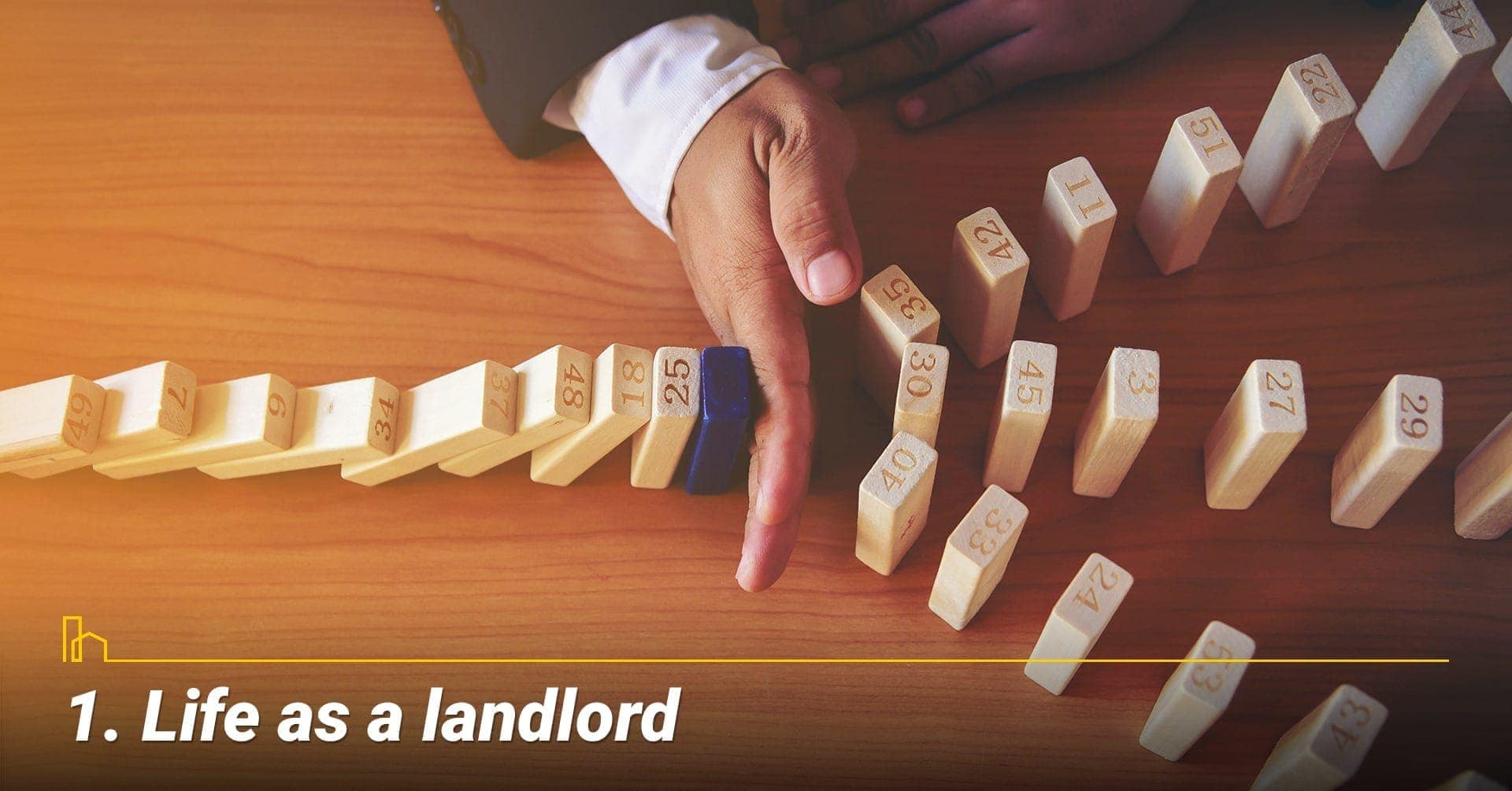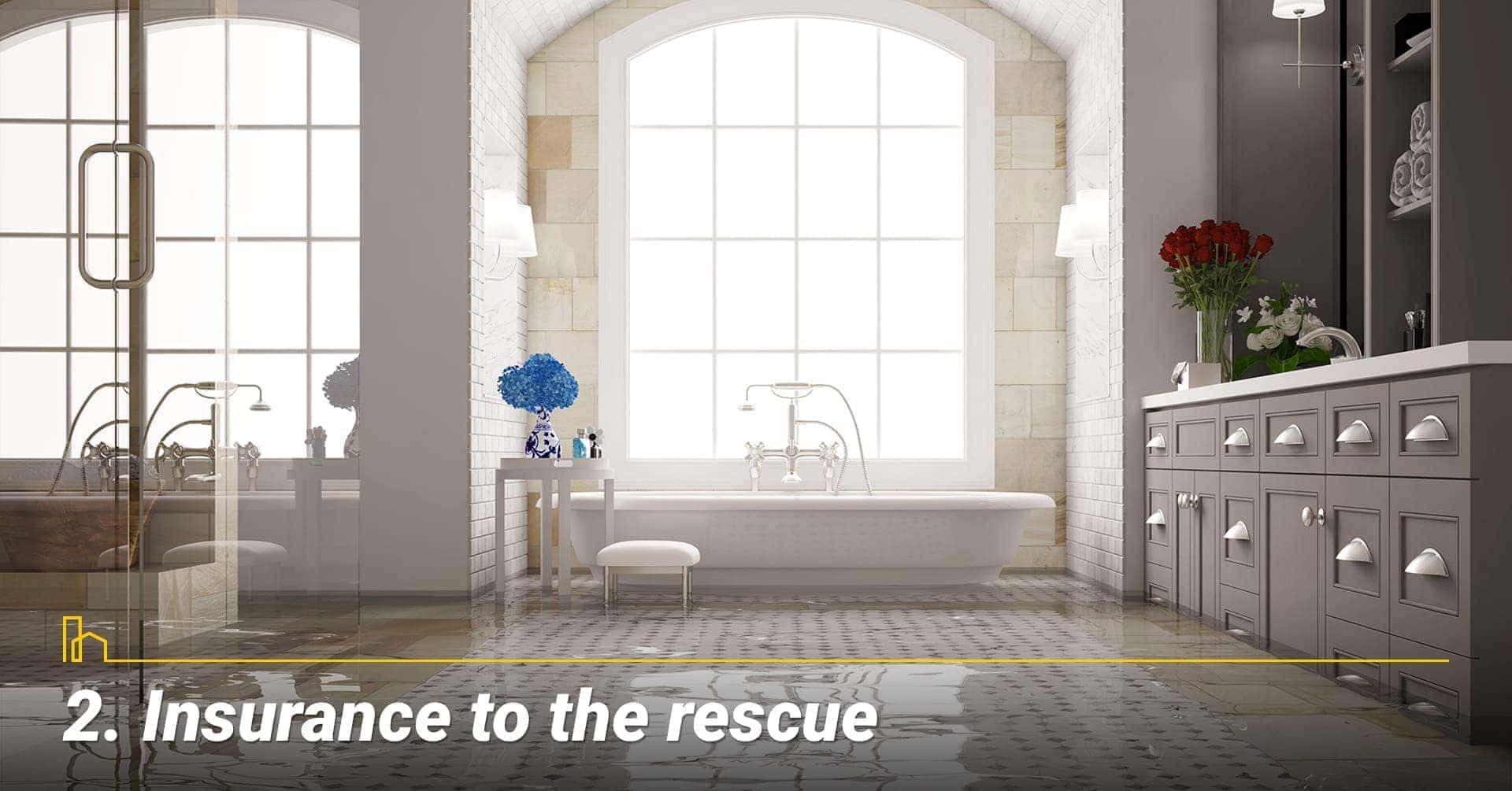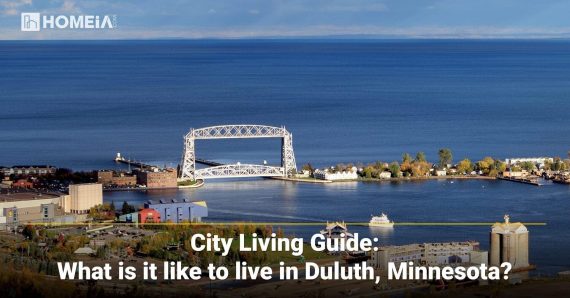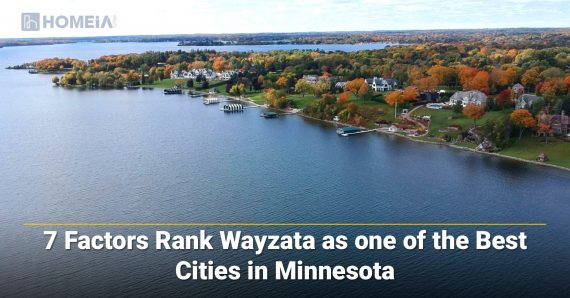Rental Property Insurance for Landlords — Why It’s So Important
- Local Editor:Local Editor: Gloria Russell
Published: Oct 17, 2017
As a rental property owner, you have a lot at stake. Carrying adequate insurance for rental properties is what ties it all together. You are offering a wonderful opportunity for renters to have a nice home without some of the typical responsibilities of being a homeowner. It also presents an equally appealing chance for you to create additional income and equity, and you need to guard against the possibility that it will negatively affect your emotional and financial situation.
Table of Contents:
1. Life as a landlord

Whether you intentionally became a landlord so you could create an additional income stream or you decided to rent your home when you moved to another, you became a landlord and added to your list of responsibilities. You are well acquainted with your homeowner’s insurance for your own home and the reasons for it.
As the property owner, you need protection on another level. This new policy will cover you as an absentee owner since you do not live there. With this new set of circumstances comes new liabilities and a lot of unknowns. It’s best to be prepared.
Ideally, you will have the best of tenants and no issues with the property. Life will be good. For an instant reality check, let’s look at a few incidents that could burst that bubble. Your rental home could be damaged by nature: high winds, hail, lightning, flash flooding, ice, snow or tornado, etc.
You could have the misfortune of experiencing vandalism, burglary or arson, resulting in physical or property damage. If that didn’t pop your bubble, there could also be accidents that can happen on the property that cause injury to people or damage to property.
10 Most Affordable Places to Live in Oregon
Oregon’s many cities and towns each offer something different, depending on each person’s lifestyle and preferences. In the state’s more prominent cities, you’ll find bustling streets full of shops and events. The smaller towns offer a quiet, quaint ambiance with close-knit communities, while its rural areas present lakes, rivers, wildlife, and miles of open land.
2. Insurance to the rescue

The new reality is that property owners need to protect themselves as best they can from financial losses. When damages occur, they need to be fixed as rapidly as possible. If the property is damaged so badly that the renters can no longer live there, insurance could help reimburse you for loss of rental income. And, if there is a lawsuit because someone was injured and you are held responsible, insurance can help pay the medical bills.
For instance, if there’s a fire or flood, the destruction can be overwhelming, and it marks the beginning of extensive repairs. Such disasters are disruptive and draining — physically, emotionally and financially. As a rental property owner, you can use all the support you can get, and your insurance will help at least with the financial part of it.
Bodily injury is another sad mishap. Accidents do occur, and if someone is hurt while on the property and the reason for the event is determined to be negligence on your part, your insurance could cover those expenses to the limits of your policy. If you don’t have adequate coverage, the sad event becomes even sadder because you’ll have to cover all expenses out of pocket.
The 10 Cheapest Places to Live in Texas (updated)
They say everything is bigger in Texas, and for good reason. From some of America’s largest and active metropolitan cities to the host of recreational activities for people of all ages across the state to the many bigger-than-life personalities who call Texas home, Texas has plenty to offer for everyone. here’s the list of 10 lowest cost of living places…
3. Insurance — search and select

Landlord rental property insurance offers protection on several levels. Like all insurances, it’s complicated to the degree you don’t understand what’s offered and how it works. Finding time for a more in-depth conversation with your insurance agent is wise. Be sure you have an agent who is knowledgeable, responsive, thorough, offers suggestions, and cares about you and your financial security. Your agent should take the time to educate you in terms that you understand.
If you don’t yet have an agent who is working well for you, take the time to ask for referrals and check reviews for agents who have experience working with landlords. Interview 2 or 3 to find the agent you feel will be approachable and responsive when needed.
Recommended for you
Be prepared to ask your agent questions about various types of financial loss coverage. Here are some basics:
- Property—protects you when the house, secondary buildings, fence, retaining wall or onsite equipment used to maintain the property (lawn mower, leaf blower, snow blower, etc.) are damaged. Discuss the property coverage limits so that you feel confident that, in case of a total loss, you would be covered for full replacement.
- Liability—protects you if someone gets hurt on your property and you are liable, or if there is property damage. Your policy should cover legal fees, medical bills, etc.
- Loss of income—protects you against lost rental income if the tenant cannot live in the house because of damages and construction. You should request coverage that will reimburse you for lost income while you are repairing the home. The incident itself is bad enough without adding the loss of income to it.
Remember to discuss your deductible because this is the amount you will pay out of pocket before insurance coverage kicks in. If you select a higher deductible, your insurance premium will be lower, but be sure you are prepared to finance that deductible dollar amount.
The other side of the coin is the policy limit. Be sure you are comfortable with the coverage limit because this is the number that indicates where coverage will end and further payments will be denied. If it doesn’t seem adequate, ask for a higher limit or add an umbrella policy.
If you have a good business relationship with your insurance agent, a discussion, pricing and decision might be all it takes. However, if you’re choosing an agent and comparing pricing, get at least three quotes and make sure you’re comparing similar products and coverage.
The cost of landlord insurance is a bit higher than a homeowner policy because there are more elements in the potential risk landscape. Still, it is well worth it because you have made a large investment and need to make sure you are sufficiently protected.
10 Most Affordable States to Buy a House
If you have the flexibility to move anywhere in the U.S., where could you buy the cheapest home? After examining data from Zillow and World Population Review. Here’re 10 most affordable States in the South and the Midwest to consider when buying a house…
And there’s more…
Be sure to ask your agent about what is included in the policy you are discussing. There are additional components available that might be a good option for you depending on the property and your circumstances. Policies differ. Be sure to ask. Some examples of coverage that might be optional:
- Personal injury protection—protects from liabilities from wrongful eviction, wrongful entry, slander, etc.
- Rent guarantees
- Landlord contents—furnishings such as carpet, furnishings, appliances, etc.
- Swimming pool
- Flood or natural disasters
- Malicious damage—damages caused by disgruntled tenants, etc.
- Umbrella policy—protection beyond the limits of your main policy
As a side note, your insurance will not cover a loss to the renters’ personal possessions. Your renter can purchase renters’ insurance which is reasonably priced and provides the renter with peace of mind too. Some property owners will remind renters of this, and others will ask for proof of renters’ insurance.
4. You’re in control

As the property owner, you can gain some control over possible hazards and risks by carefully managing and monitoring your rental property. Here are some ideas for minimizing risk potential:
- Respond quickly to your renters’ requests. If there is a problem with a leaky pipe, shifting concrete or an electrical issue, have it repaired promptly and professionally to prevent future problems.
- Keep a monthly calendar checklist. Each month, these reminders will prompt you to do routine maintenance, prepare for seasonal issues, or check mechanical or electrical functions. If you check critical items on a regular basis, you should have fewer unexpected problems.
- Inspect your property often so you are well aware of the interior and exterior condition. This will help you avoid issues and plan for maintenance or repairs before they become a crisis.
- Look for safety issues each time you are on site and keep communication open with your renters.
- Collect an adequate damage deposit as an incentive for the renter to properly maintain the home and to help you cover any necessary repairs at the end of the lease.
- If you are too busy or don’t enjoy the management process, hire a property manager to monitor the rental process, maintenance and repairs.
Recommended for you
5. Now you’re in business

Since owning a rental property is a business undertaking, you want to enjoy it, offer a safe home to your tenants, and make a profit for your effort. Be sure to discuss insurance coverage, limits and deductibles with your agent. Being organized and proactive with maintenance and safety issues will help create a better experience by minimizing hazard possibilities.
Make your list and schedule repairs. Not everything is within your control, but many things are. No one wants to think of dealing with disasters or damages, but doing your due diligence and purchasing landlord insurance will give you peace of mind.
If you have enjoyed this article and are inspired to carefully assess your insurance needs and coverage, please share it with your landlord friends who might also benefit. May your landlord experience provide you with fabulous tenants, profitable returns and peace of mind knowing you are properly insured. Thanks for reading and sharing!
Gloria Russell is the lead writer at Russell Resources LLC, a Minnesota-based company, serving clients across the country with business writing that sends a relevant message to a preferred audience. Her mission is to help businesses succeed and grow by creating original, written content for websites and articles and by editing and upgrading existing content. Having considerable experience in buying, selling and renovating homes as well as serving on association boards and managing complex projects, Gloria crafts insightful articles on current real estate topics. For more information, contact Gloria at [email protected] or 651-485-8826. Thank you!



















































































































































